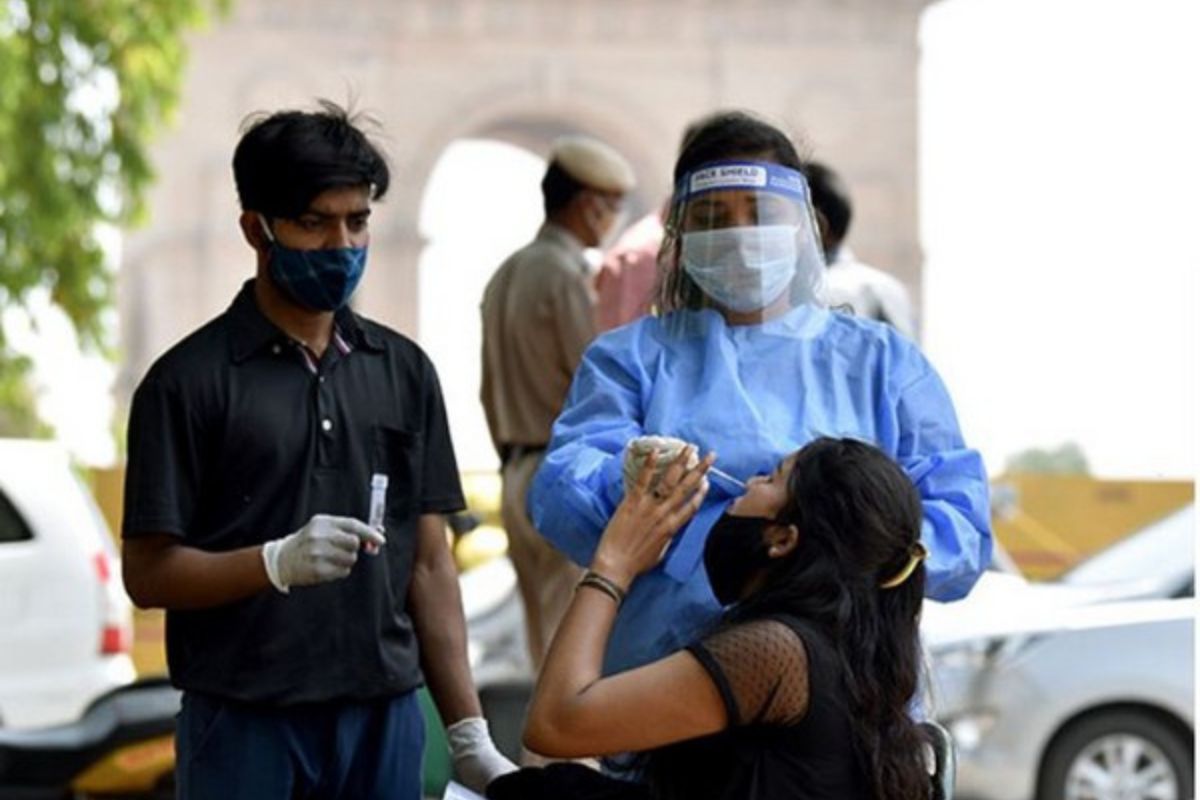The world celebrates December 27 as International Day of Epidemic Preparedness 2022. This day promotes the value of epidemic prevention, preparedness, and collaboration by encouraging all individuals, institutions, and governments to properly prepare their population in line with national contexts and priorities through educational and awareness-raising activities.
International Day of Epidemic Preparedness 2022: History The International Day of Epidemic Preparedness was founded by a resolution adopted by the UN General Assembly on December 7, 2020. In China, a coronavirus outbreak first appeared in late 2019. Many areas of the city were quarantined as the rate of infection increased and the number of afflicted persons expanded. Despite the fact that word of the virus spread throughout the world, the authorities were unable to control the disease.
Advertisement
The pandemic exposed the shortcomings in the healthcare systems of various nations when hospitals ran out of beds and ventilators. In reality, there was a moment when hand sanitisers and surgical masks were also out of stock. In light of this, on December 27, 2020, the first-ever International Day of Epidemic Preparedness was commemorated. The day was established by the UN General Assembly to highlight the need for preparedness, cooperation, and epidemic prevention. In light of COVID-19, it was decided that mechanisms were required to help prevent, identify, and respond to infectious disease epidemics.
Advertisement
International Day of Epidemic Preparedness 2022: Significance and purpose
Undoubtedly, the ongoing and still uncontrollable coronavirus COVID-19 epidemic served as the driving force behind picking a specific day to promote preparedness. The essential need for resilient and powerful health systems that can reach those who are weak or in vulnerable situations has been highlighted by the World Health Organization and other governments and leaders.
More particular, extensive information exchange, scientific knowledge and best practices, high-quality education, and advocacy programmes are needed for successful actions to prevent and address epidemics at the local, national, regional, and global levels.
Numerous countries and regions observe this day in order to better prepare for the future and to improve their future reaction capabilities in addition to helping to control the COVID-19 epidemic. The day also gives countries from different continents a chance to unite and take decisive action against future outbreaks.
The pace of disease transmission has escalated due to globalisation. Therefore, it is essential to promote knowledge regarding immunisations and other safety measures. Conduct research, communicate, and teach others as these little actions can assist to curb the spread of disease.
Advertisement











